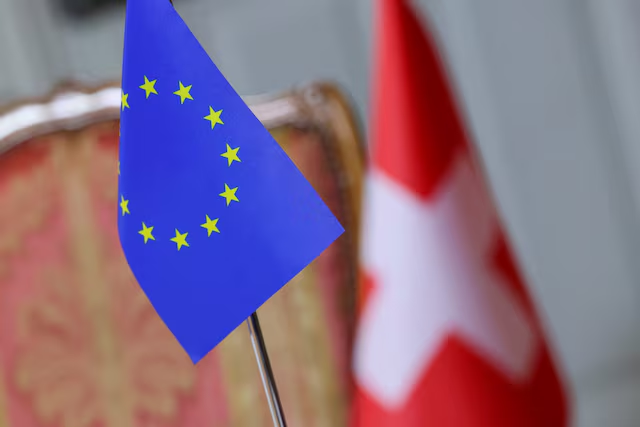News
After U.S. Tariff Shock, Swiss Voters Back New EU Deal by 2-to-1: Survey

A survey conducted on Wednesday revealed that, following the shock and uncertainty caused by U.S. tariffs on Switzerland, a clear majority of Swiss voters support a new agreement that would further deepen the country’s economic ties with the European Union.
Published by Blick newspaper, the survey by polling firm GFS Bern, which included around 1,000 respondents, found that 61% of voters are either strong supporters of the agreement reached in December or likely to back it.
About 30% of eligible voters expressed opposition, while the remaining did not express a preference. According to the newspaper, the survey was carried out in July and August—mostly before the full impact of the U.S. tariffs had come into effect.
On August 7, U.S. President Donald Trump imposed a 39% tariff on Swiss goods—one of the highest rates worldwide—citing America’s trade deficit with the country as justification. These tariffs are far steeper than the 15% tariffs Trump imposed on the European Union, causing dismay among Swiss companies, which have traditionally maintained a positive stance toward the United States.
The survey, conducted on behalf of the pharmaceutical industry group Interpharma, also showed that supporters across nearly all major Swiss political parties favor the agreement’s approval.
The exception is the right-wing Swiss People’s Party, which opposes deeper integration with the EU, viewing it as an infringement on Swiss sovereignty and independence. Only 17% of its supporters backed the agreement, while 68% opposed it.
The EU-Switzerland agreement, which covers everything from the free movement of people and state aid to legal alignment and dispute resolution mechanisms, is expected to face its toughest challenge during a referendum, where major issues are typically put to a popular vote.
However, a referendum on the agreement is not expected before 2027.
